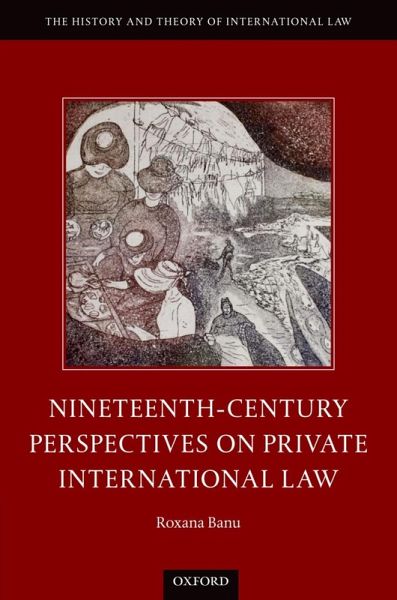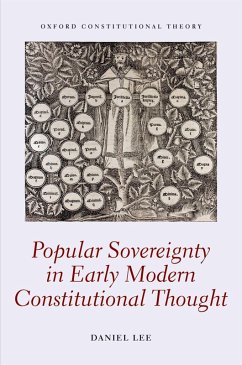
Nineteenth Century Perspectives on Private International Law (eBook, ePUB)
Versandkostenfrei!
Sofort per Download lieferbar
41,95 €
inkl. MwSt.
Weitere Ausgaben:

PAYBACK Punkte
21 °P sammeln!
Private International Law is often criticized for failing to curb private power in the transnational realm. The field appears disinterested or powerless in addressing global economic and social inequality. Scholars have frequently blamed this failure on the separation between private and public international law at the end of the nineteenth century and on private international law's increasing alignment with private law. Through a contextual historical analysis, Roxana Banu questions these premises. By reviewing a broad range of scholarship from six jurisdictions (the United States, France, Ge...
Private International Law is often criticized for failing to curb private power in the transnational realm. The field appears disinterested or powerless in addressing global economic and social inequality. Scholars have frequently blamed this failure on the separation between private and public international law at the end of the nineteenth century and on private international law's increasing alignment with private law. Through a contextual historical analysis, Roxana Banu questions these premises. By reviewing a broad range of scholarship from six jurisdictions (the United States, France, Germany, the United Kingdom, Italy, and the Netherlands) she shows that far from injecting an impetus for social justice, the alignment between private and public international law introduced much of private international law's formalism and neutrality. She also uncovers various nineteenth century private law theories that portrayed a social, relationally constituted image of the transnational agent, thus contesting both individualistic and state-centric premises for regulating cross-border inter-personal relations. Overall, this study argues that the inherited shortcomings of contemporary private international law stem more from the incorporation of nineteenth century theories of sovereignty and state rights than from theoretical premises of private law. In turn, by reconsidering the relational premises of the nineteenth century private law perspectives discussed in this book, Banu contends that private international law could take centre stage in efforts to increase social and economic equality by fostering individual agency and social responsibility in the transnational realm.
Dieser Download kann aus rechtlichen Gründen nur mit Rechnungsadresse in A, B, BG, CY, CZ, D, DK, EW, E, FIN, F, GR, HR, H, IRL, I, LT, L, LR, M, NL, PL, P, R, S, SLO, SK ausgeliefert werden.













